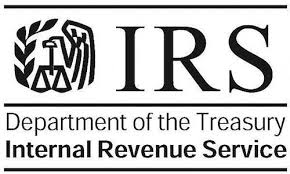IRS Commissioner Werfel resigned yesterday. By almost all accounts, he was one of the better Commissioners of our era based on his work to modernize service and enforcement. His tenure is widely praised for laying a foundation for digital transformation of the agency and enhancing IRS enforcement capabilities. His proposed replacement is best known for his work in promoting dubious tax schemes known to be ripe for fraud. His lack of qualifications has become the current joke of the legal community.
Meanwhile, based on anecdotal observation of trends in my small business tax practice, along with many widespread confirming discussions of these trends in social media, I predicted two months ago that we are entering into an unprecedented era of tax fraud.
A few days ago I shared that, for the first time in my career, a speaker in a group business presentation openly endorsed a tax fraud policy for his own firm. Yesterday I heard that one unsophisticated business owner from the audience may engage with the tax fraud promoter. At the same time, the internet commenters are giddy over the new possibilities to avoid taxation through cryptocurrency news this week.
Now the latest news about the IRS Commissioner’s resignation seems to further fuel that belief of increased tax fraud ahead. Forecasts of other professional tax writers I’ve read align with my forecast.
I predict three additional effects of this increasing tax fraud trend:
1) The tax gap (the ratio of tax expected to be collected compared to what is actually collected) will widen as the U.S. deficit continues to grow.
2) The effective tax rate (the amount of tax they pay divided by their gross revenue) of the highest income earners will decline.
3) Social unrest will increase as the tax burden (the portion of the population that pays the most tax) shifts downward to working class employees. About half of taxpayers earn $40,000 to $120,000. This group is most likely to feel frustrated by high effective tax rates when they see others with higher gross income paying less tax.
What I am not able to predict is how average tax professionals will respond to this growing trend. I just can’t envision that yet. Most, from what I gather, have not considered the sharp increase in tax fraud over the past decade that I see that seems to be gathering momentum. It should not surprise me that some have vastly different interpretations of current events.
Now that more legal and illegal tax avoidance schemes are coming into their time in the sun, I wonder whether taxpayers will make the extra effort required to stay on the legal side of the strategy dividing lines, or even if they will recognize the difference. I suspect that, for most, the illegal schemes will be the more attractive option.

